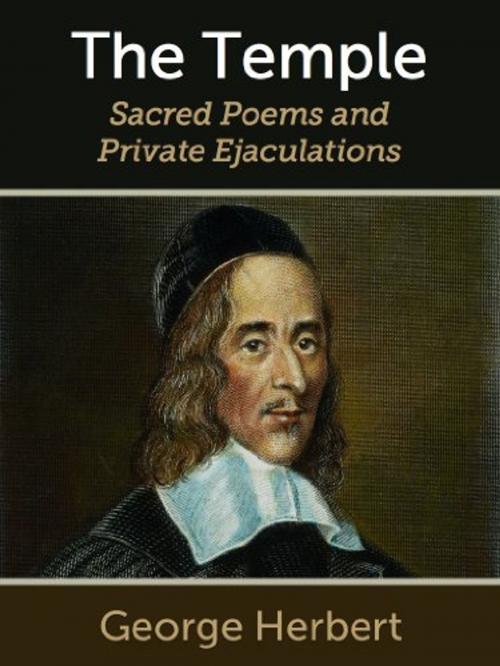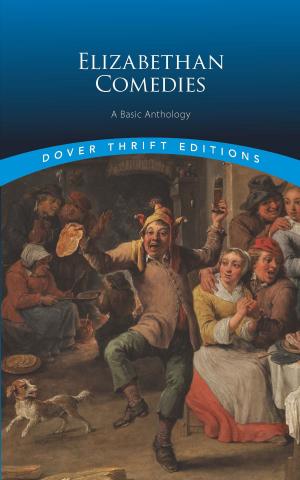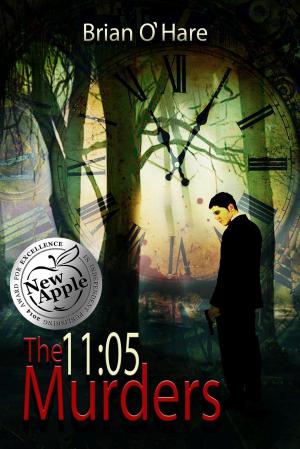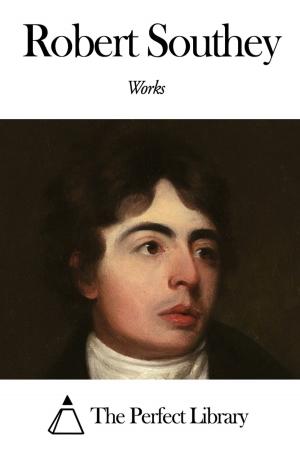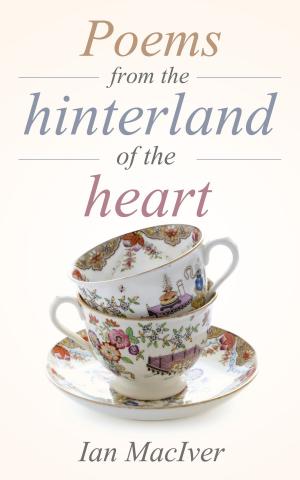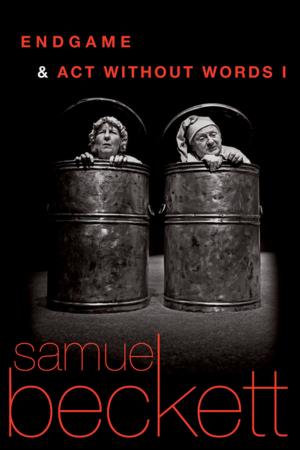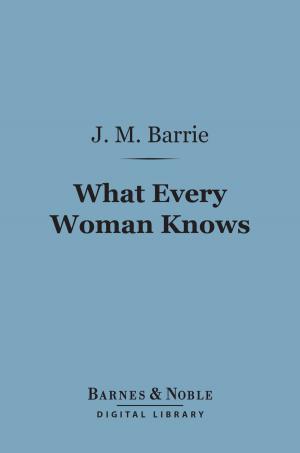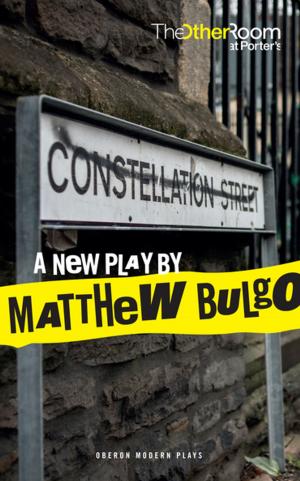The Temple: Sacred Poems and Private Ejaculations
Nonfiction, Religion & Spirituality, Christianity, Christian Literature, Fiction & Literature, Poetry, Inspirational & Religious, British & Irish| Author: | George Herbert | ISBN: | 1230000118099 |
| Publisher: | Titus Books | Publication: | March 29, 2013 |
| Imprint: | Language: | English |
| Author: | George Herbert |
| ISBN: | 1230000118099 |
| Publisher: | Titus Books |
| Publication: | March 29, 2013 |
| Imprint: | |
| Language: | English |
George Herbert (1593 – 1633) was an Anglican priest and perhaps the greatest religious poet in the English language.
Herbert gave up a promising career (he was the official Orator of Cambridge University) to become a country priest, but died of tuberculosis only 3 years after taking holy orders. On his deathbed, he left his poems and writings to his friend Nicholas Ferrar, describing them as "a picture of spiritual conflicts between God and my soul before I could subject my will to Jesus, my Master."
Ferrar published all of Herbert's poems as The Temple in 1633. (This edition preserve the spelling of the original.) The collection itself is based around the architecture and symbolic meaning of a church; the poems use creative shapes and metres to express Herbert's intellectual vivacity and, most of all, his love for God.
Here is his poem "The Agonie":
Philosophers have measur’d mountains,
Fathom’d the depths of seas, of states, and kings,
Walk’d with a staffe to heav’n, and traced fountains:
But there are two vast, spacious things,
The which to measure it doth more behove:
Yet few there are that sound them; Sinne and Love.
Who would know Sinne, let him repair
Unto mount Olivet; there shall he see
A man so wrung with pains, that all his hair,
His skinne, his garments bloudie be.
Sinne is that presse and vice, which forceth pain
To hunt his cruell food through ev’ry vein.
Who knows not Love, let him assay
And taste that juice, which on the crosse a pike
Did set again abroach; then let him say
If ever he did taste the like.
Love is that liquour sweet and most divine,
Which my God feels as bloud; but I, as wine.
George Herbert (1593 – 1633) was an Anglican priest and perhaps the greatest religious poet in the English language.
Herbert gave up a promising career (he was the official Orator of Cambridge University) to become a country priest, but died of tuberculosis only 3 years after taking holy orders. On his deathbed, he left his poems and writings to his friend Nicholas Ferrar, describing them as "a picture of spiritual conflicts between God and my soul before I could subject my will to Jesus, my Master."
Ferrar published all of Herbert's poems as The Temple in 1633. (This edition preserve the spelling of the original.) The collection itself is based around the architecture and symbolic meaning of a church; the poems use creative shapes and metres to express Herbert's intellectual vivacity and, most of all, his love for God.
Here is his poem "The Agonie":
Philosophers have measur’d mountains,
Fathom’d the depths of seas, of states, and kings,
Walk’d with a staffe to heav’n, and traced fountains:
But there are two vast, spacious things,
The which to measure it doth more behove:
Yet few there are that sound them; Sinne and Love.
Who would know Sinne, let him repair
Unto mount Olivet; there shall he see
A man so wrung with pains, that all his hair,
His skinne, his garments bloudie be.
Sinne is that presse and vice, which forceth pain
To hunt his cruell food through ev’ry vein.
Who knows not Love, let him assay
And taste that juice, which on the crosse a pike
Did set again abroach; then let him say
If ever he did taste the like.
Love is that liquour sweet and most divine,
Which my God feels as bloud; but I, as wine.
